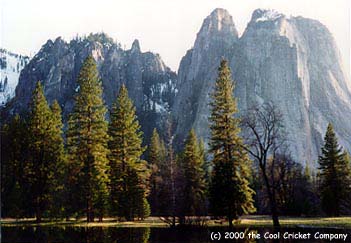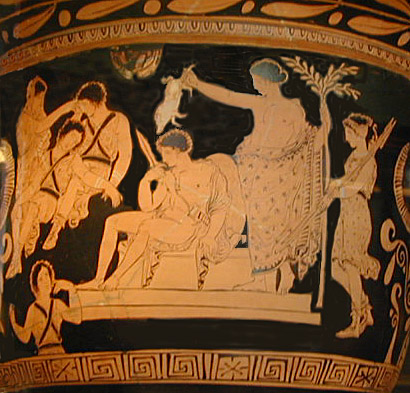NPR reports that the number of grizzlies in the Yellowstone area has "tripled" since they were placed on the endangered species list (as threatened), but neglects to mention that there are still only 600 of them when it talks of their removal from that maligned roll call of human folly. Time Magazine may place Mother Nature as its "Man of the Year," but not because of its beauty or shredded interconnectedness. Because of bad weather that destroyed some manmade things.
It would be encouraging if people took an interest in their environment, reached out to the world that surrounds them (or once did), but it may be too late. People walk around looking down into their cell phones, punching numbers, seeing if that pic worked, watching tv shows, listening to music instead of birds (instead of traffic); they are focused on the foreground of man and technology, and the intricacies of the wild are left to schoolchildren and field trips, rare geologists and biologists who inevitably schill for corporate donors (or bosses), even against their intentions: "Save this poor acreage here, and you can develop all the rest." The world is not about rare butterflies and snakes; but these are the details that in concert create a vivid orchestra; we are down to solos and not even complete sonatas, now...down to measures, notes, and one day, silence.
Quiet photographs of Yellowstone National Park in October. What's left.













 I vaguely recall such phenomena from my disippating youth (fading into a twinkling blur like the bright trail of a comet, the imposing combustible part being the future). Thunderstorms were those things that we knew were coming, but about which we
I vaguely recall such phenomena from my disippating youth (fading into a twinkling blur like the bright trail of a comet, the imposing combustible part being the future). Thunderstorms were those things that we knew were coming, but about which we 


